IPCP specifically utilizes a play-based, research-based curriculum called the Creative Curriculum. This is designed to support discovery by using general knowledge about child development with the knowledge a teacher gains from the relationship they have with each child and family. Nationally known for its forward-thinking and comprehensive model, the Creative Curriculum’s unique approach to teaching and learning helps teachers successfully plan and implement a content-rich, developmentally appropriate program that supports active learning and promotes children’s progress in all developmental areas (social/emotional, physical, language and cognitive).
Through play, children learn about concepts, how to group and classify objects, how to make sense of things and events and how to solve problems. Play often involves trial and error and problem-solving tasks requiring a child to make choices, direct activities and make plans to reach a goal.
Through play, children develop control and coordination of muscles that are needed to walk, kick, eat and write. Gross motor skills are enhanced when a toddler pushes a toy grocery cart or an older child runs through the Outdoor Classroom. Fine motor and manipulation skills are developed when preschoolers use their fingers to string beads for a necklace or toddlers scribble with a crayon on paper. When throwing and catching a ball, children are practicing hand-eye coordination and their ability to grasp. When children kick a ball across the playground, they are practicing coordination and developing large muscle control, tone and flexibility.
Talking, singing, rhyming and word play help children master the rules and sounds of language while they have fun. Play develops imagination and creativity and gives children practice in social skills such as waiting, negotiating, taking turns, cooperating, compromising, sharing and expressing emotions. As children learn about themselves and the world, they acquire self-confidence, self-reliance and self-expression.
Children play because it is fun. Play takes many forms, but the heart of play is pleasure. With pleasure comes the powerful drive to repeat such activities; with repetition comes mastery; and mastery brings a sense of accomplishment and confidence.
In essence, the Creative Curriculum uses play as opportunities for teachers to help children learn about their world, master challenges and expand their knowledge.

